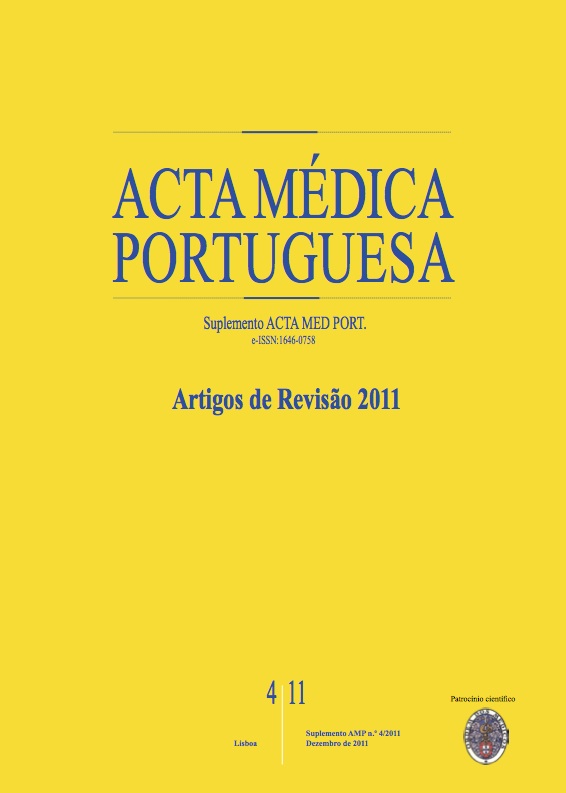Training in forensic psychiatry: comparative issues towards a rethinking of the Portuguese model.
DOI:
https://doi.org/10.20344/amp.1586Abstract
Forensic psychiatry has experienced a significant development in the last few decades. Several mechanisms underlie this shift, including deinstitutionalization of mental health patients and extraordinary progress in neurosciences, imaging technologies and psychology, just no name a few. This development has put in evidence specific needs for training and education. A review and comparison of forensic psychiatry training in several European countries, U.S.A. and Brazil is made.A mixed approach was used, including a) systematic literature review (Pubmed search, 1989-2009) and cross-reference search and inclusion; b) specific online sites search (e.g. medical associations or scientific societies responsible for forensic psychiatry training); c) direct contact with psychiatrists and forensic psychiatrists.Forensic psychiatry training is still a heterogeneous field. While not all countries have specialization, subspecialization or competency certification in forensic psychiatry, there has been, however, a definite shift towards its individuation as a specific technico-scientific area. This contributes to an improvement in quality standards and promotes research. Notwithstanding, forensic training in general adult and child psychiatry's residencies should continue to be strengthened as it is likely that most forensic activities will remain at their care in the near future.Downloads
Downloads
How to Cite
Issue
Section
License
All the articles published in the AMP are open access and comply with the requirements of funding agencies or academic institutions. The AMP is governed by the terms of the Creative Commons ‘Attribution – Non-Commercial Use - (CC-BY-NC)’ license, regarding the use by third parties.
It is the author’s responsibility to obtain approval for the reproduction of figures, tables, etc. from other publications.
Upon acceptance of an article for publication, the authors will be asked to complete the ICMJE “Copyright Liability and Copyright Sharing Statement “(http://www.actamedicaportuguesa.com/info/AMP-NormasPublicacao.pdf) and the “Declaration of Potential Conflicts of Interest” (http:// www.icmje.org/conflicts-of-interest). An e-mail will be sent to the corresponding author to acknowledge receipt of the manuscript.
After publication, the authors are authorised to make their articles available in repositories of their institutions of origin, as long as they always mention where they were published and according to the Creative Commons license.









